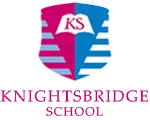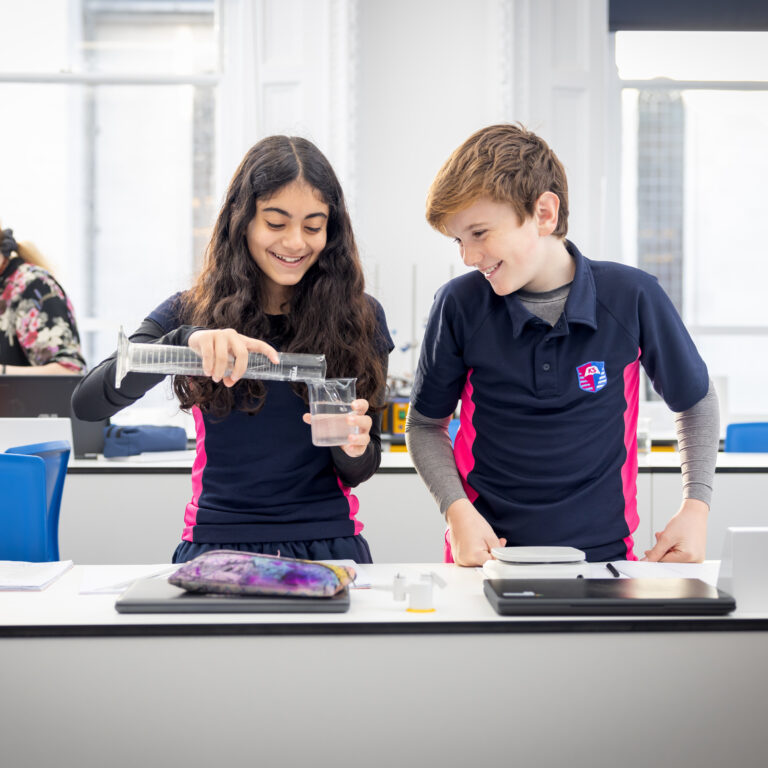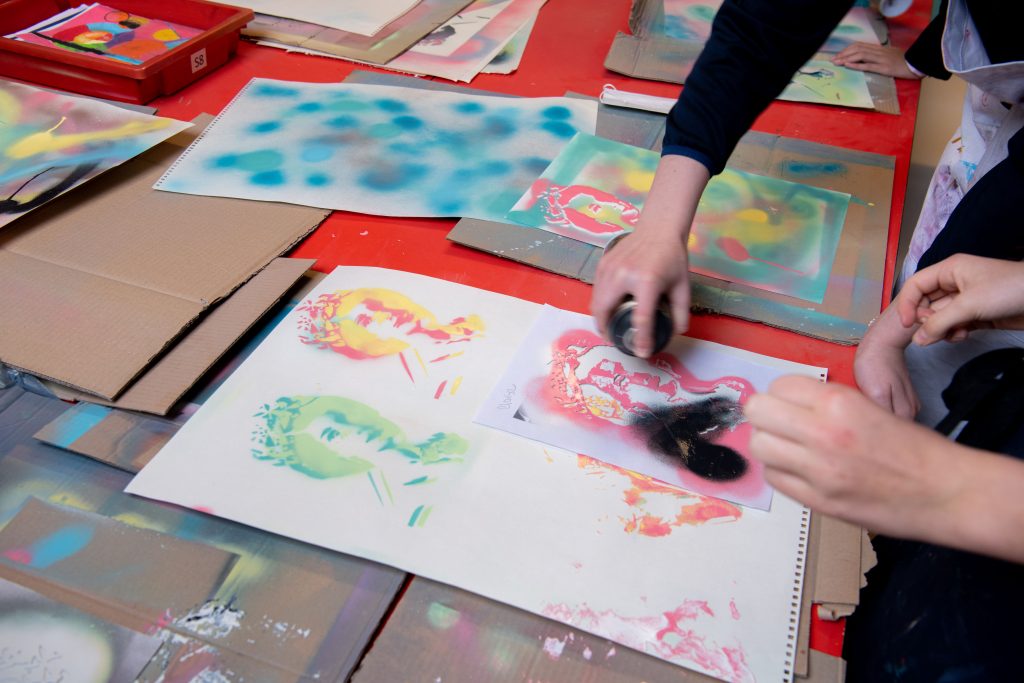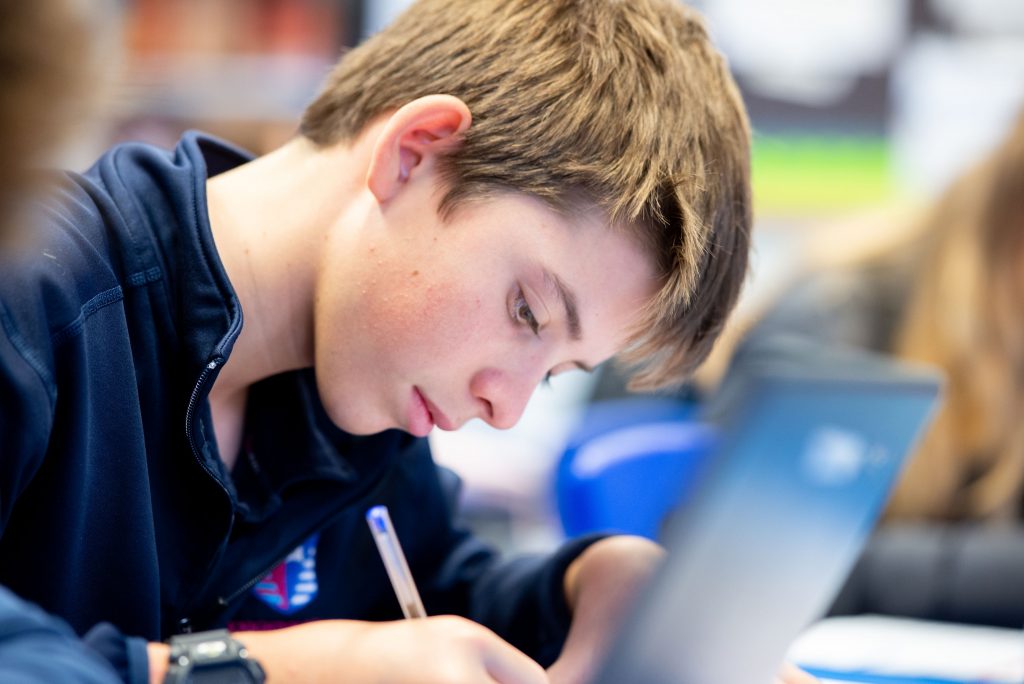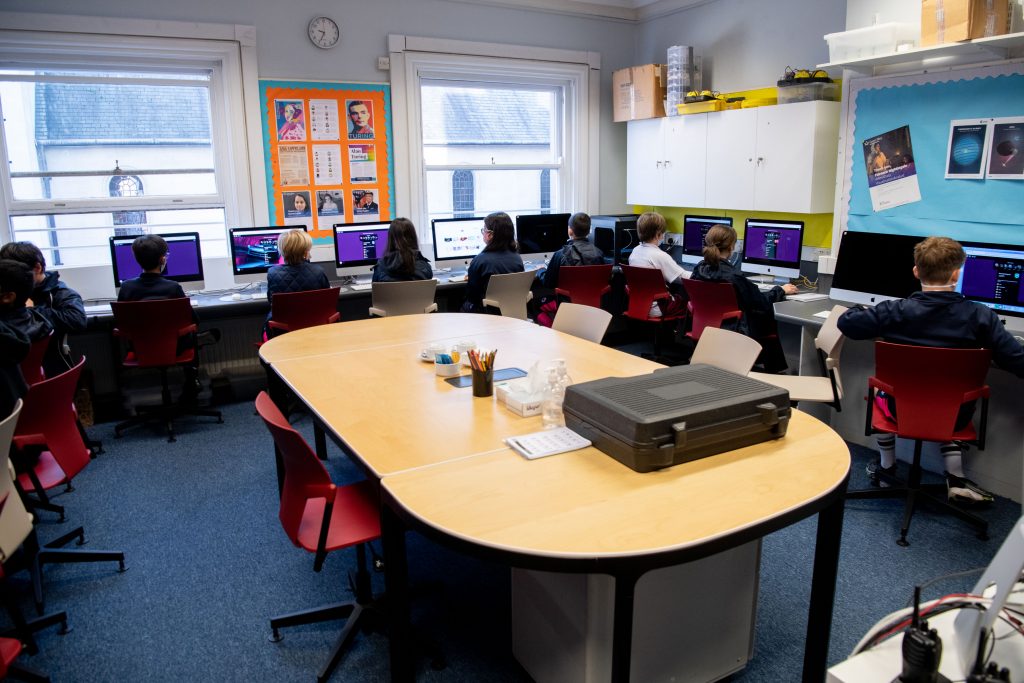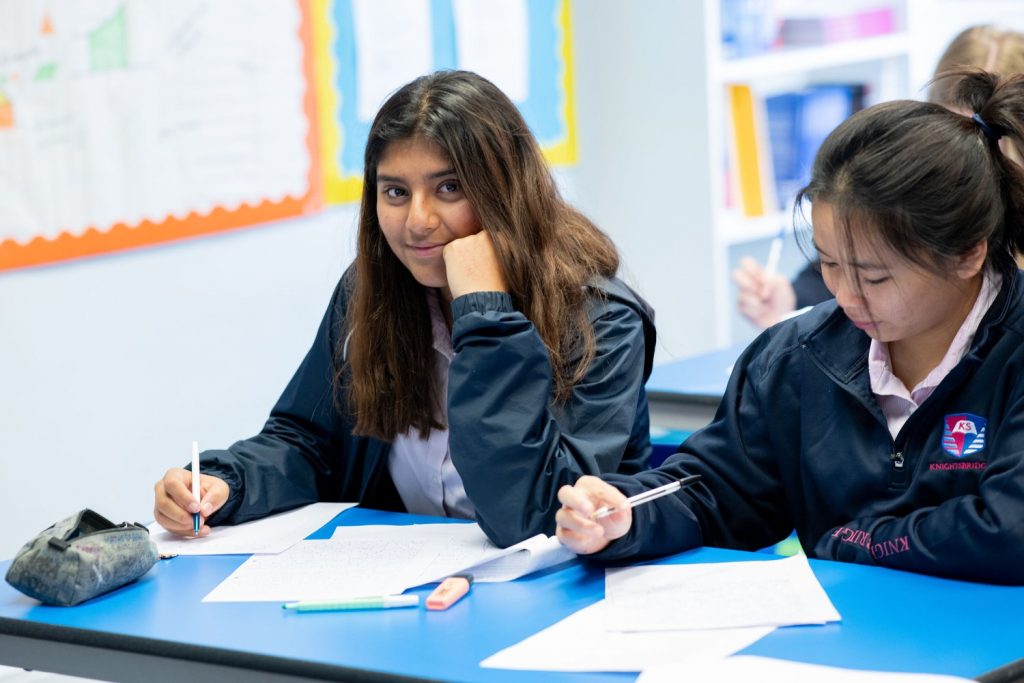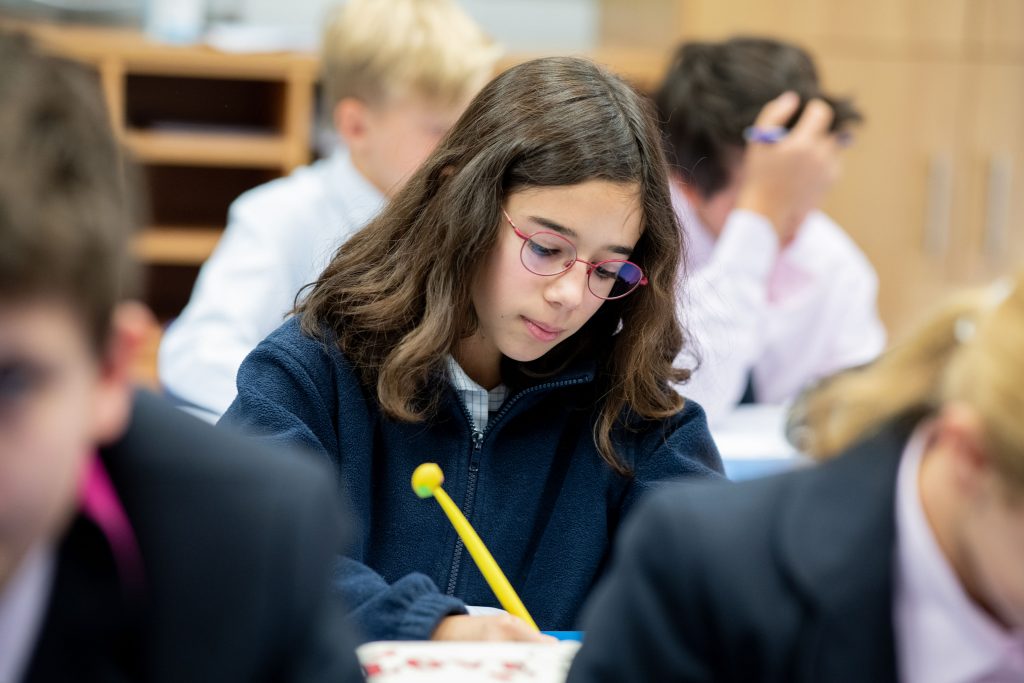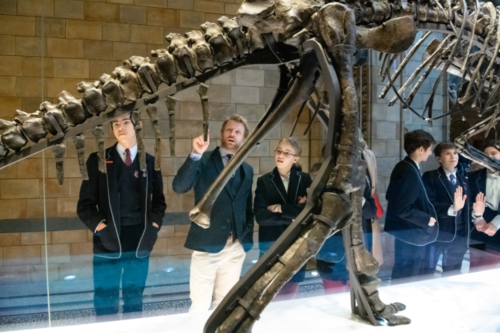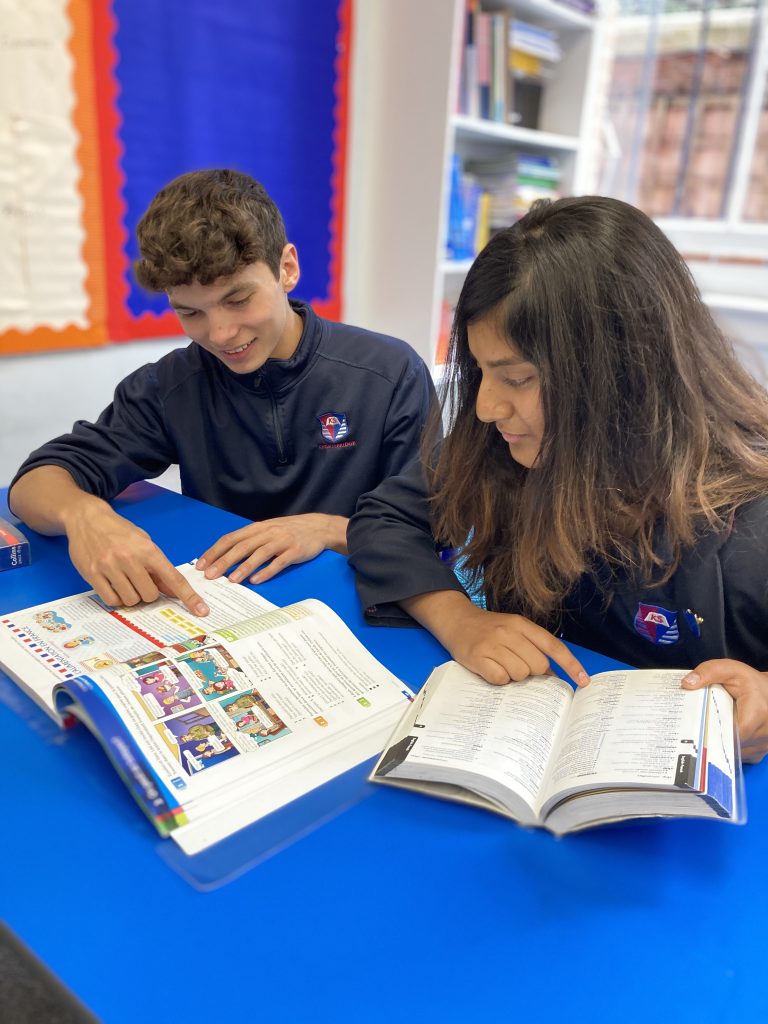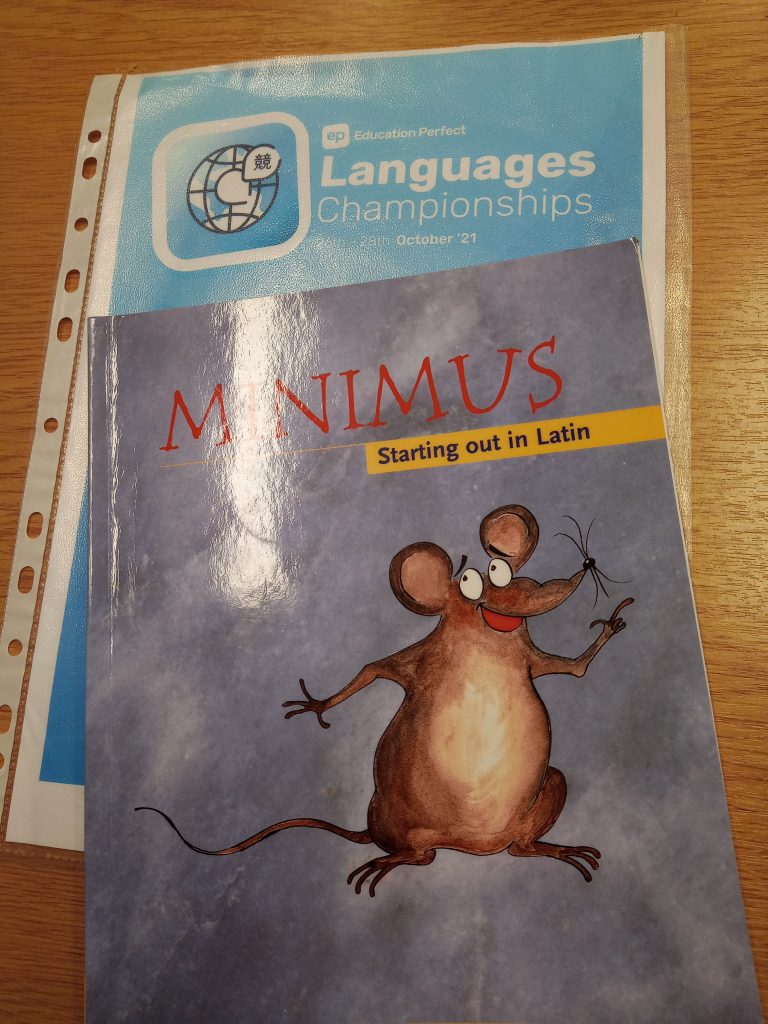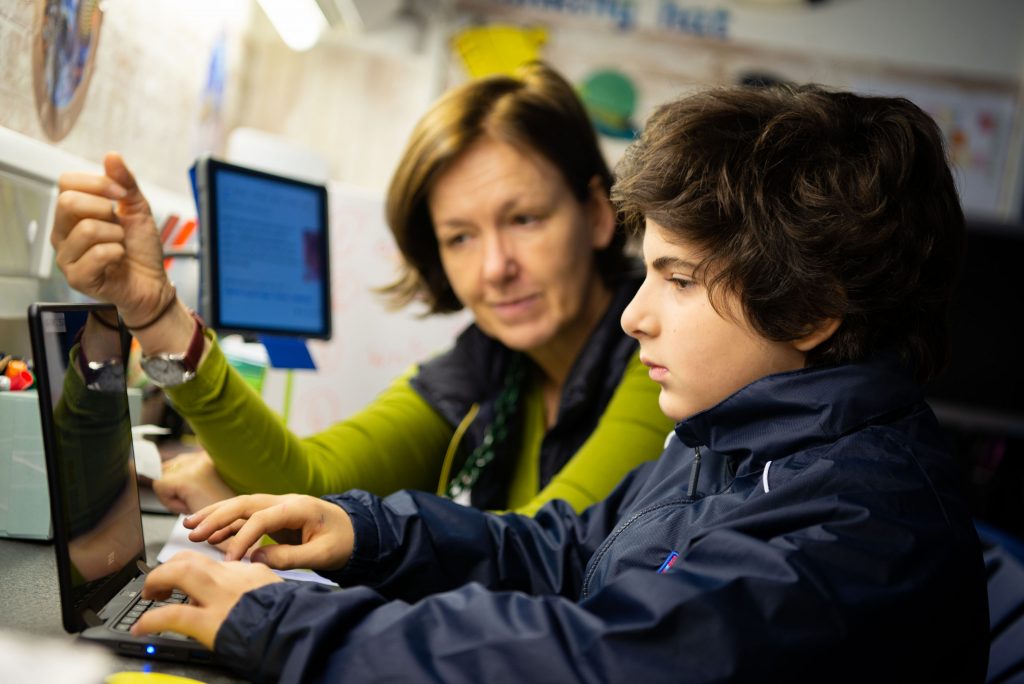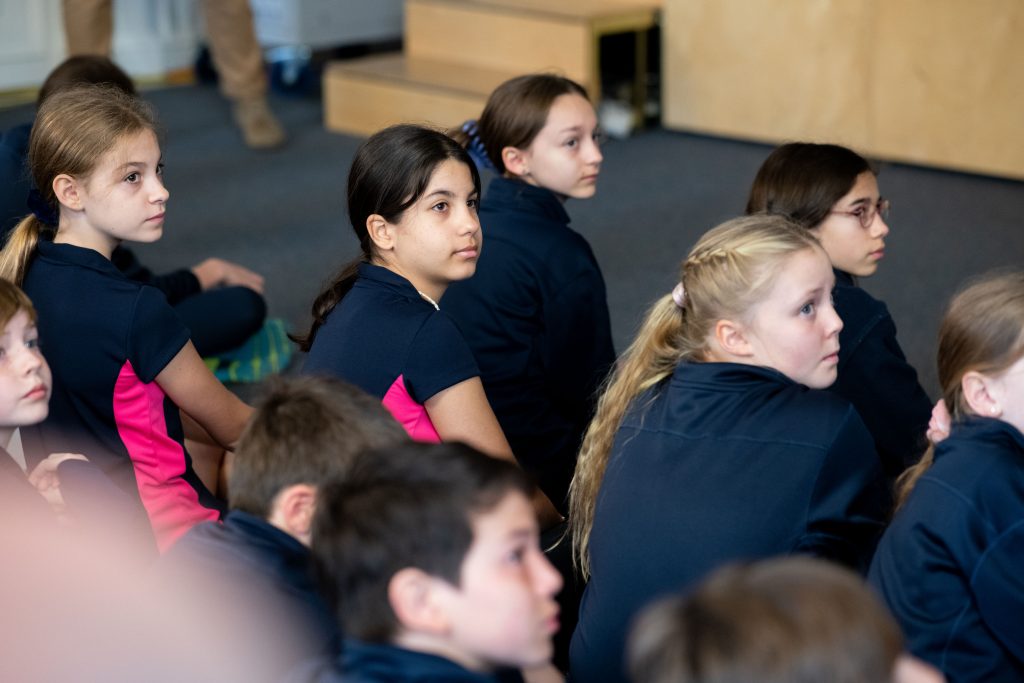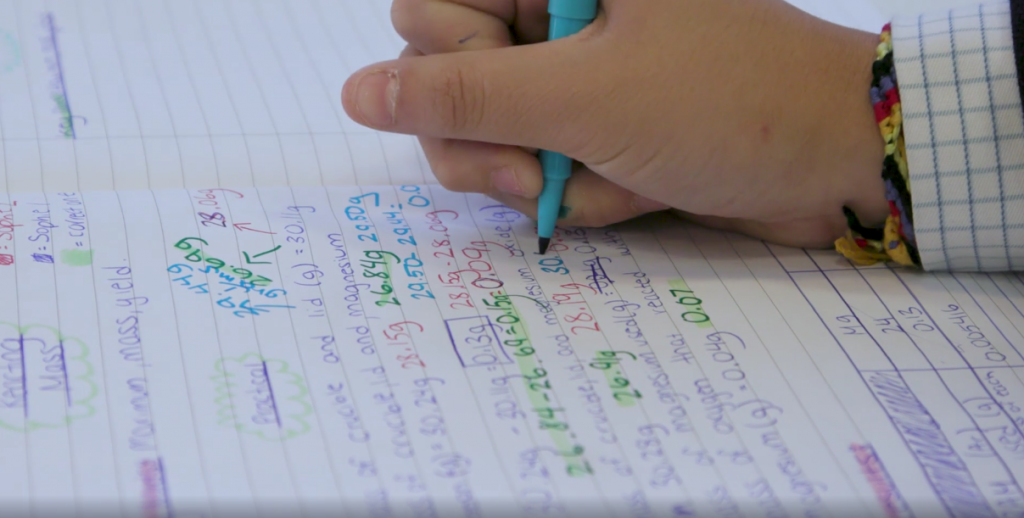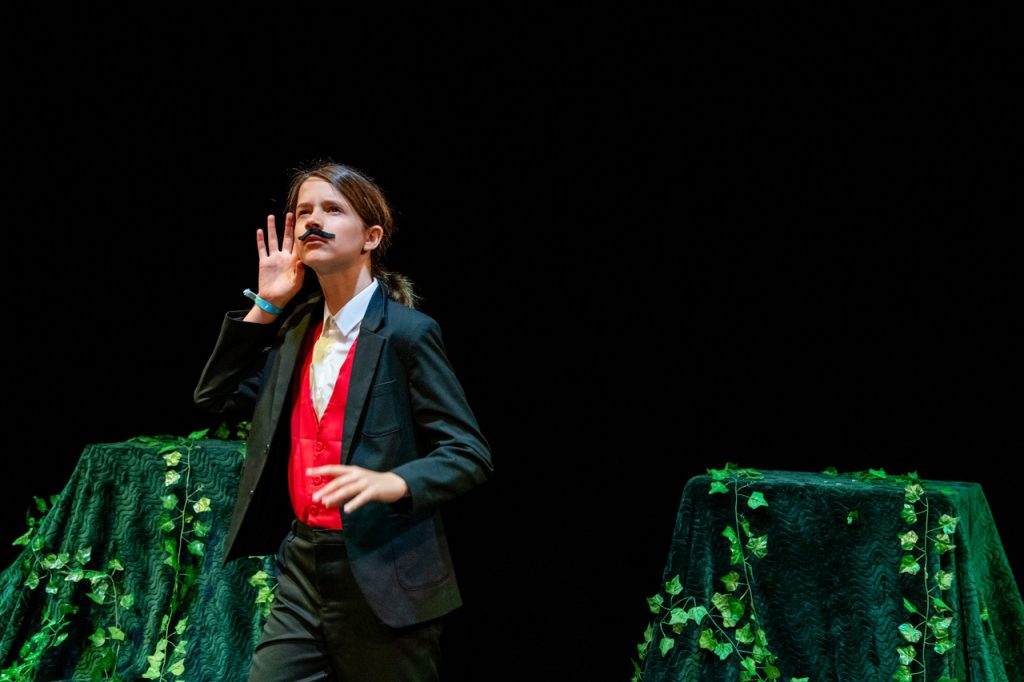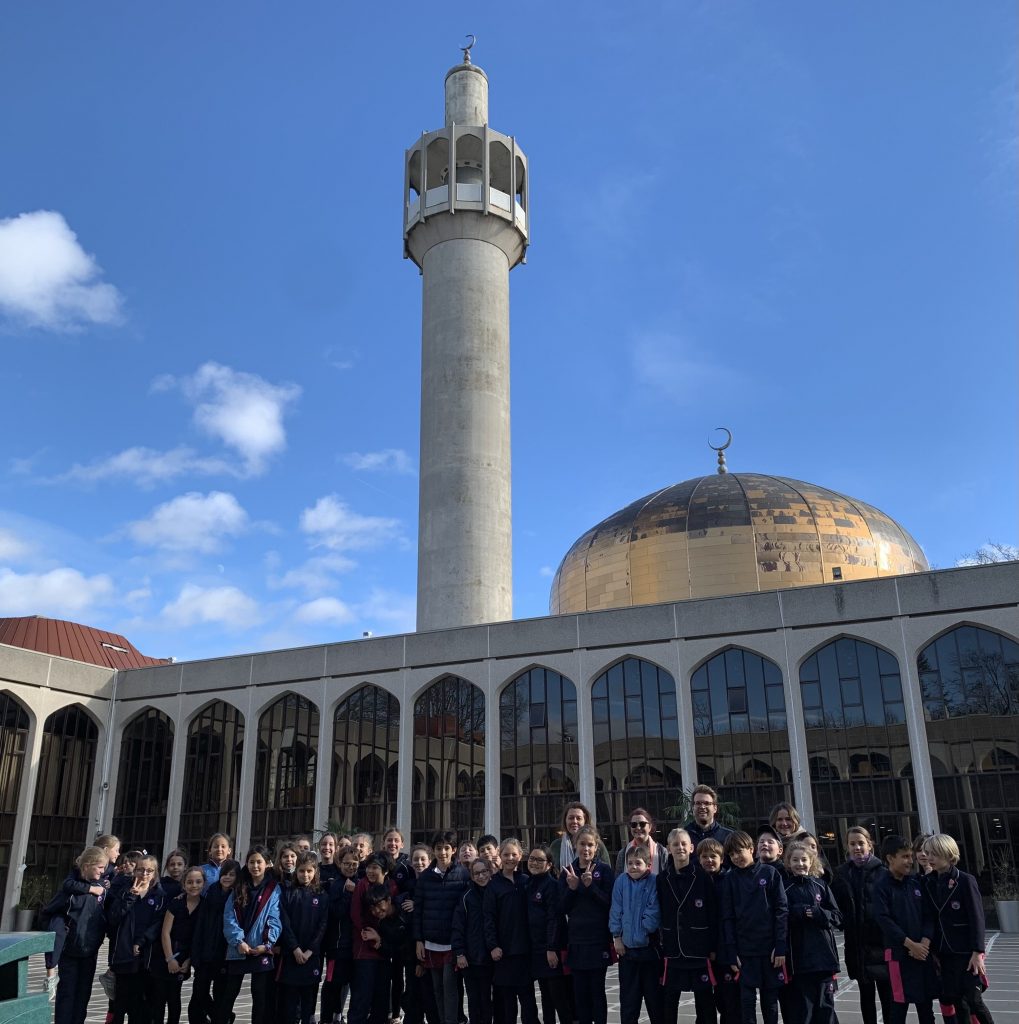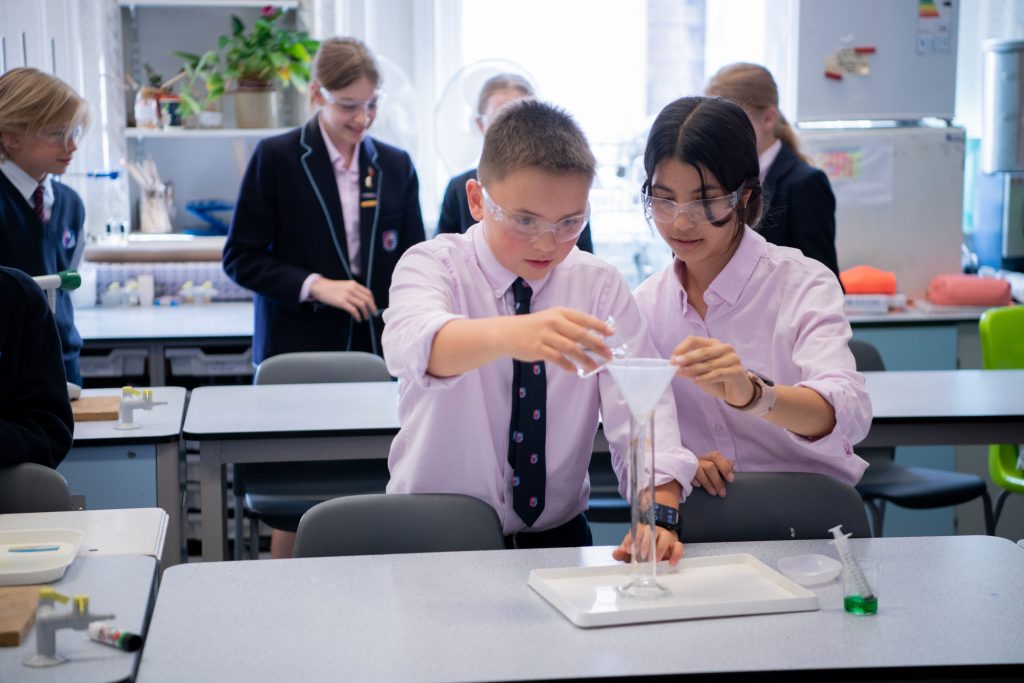The Performing Arts is a vibrant and active department at Knightsbridge School. The core strands of Music, Drama and Dance collaborate frequently with the fundamental goal of providing high quality, engaging and exciting performance opportunities for our students. Through our curriculum, we are committed to developing skills that enable our students to become well rounded, confident and expressive young people on and off the stage.
The Music curriculum aims to instil a love of singing and musical performance, whilst ensuring pupils have a good understanding of the foundations of music including means of composing and appraising. In Drama, the curriculum provides rich opportunities for fundamental progression in confidence, communication, creativity and cooperation skills whilst Dance lessons enable students to build on their fitness, timing, control and expression.
In Senior School music lessons students explore a broad and diverse range of topics that provide opportunities to develop their performance, composition and appraising skills. Topics include World Music, Popular Music, Orchestral Music as well as styles of Jazz and Film. Music lessons are created to ensure that all students can succeed in the subject in their own way regardless of their prior experience. Music Technology is used for composing and a broad range of instruments are available in the department for students to use creatively in lessons. ‘Check in’ assessments are built into the term to show progression and prepare students for study at GCSE.
The Drama curriculum offers a diverse range of units and assessments based on key Drama skills, plays, poems and fiction which also re-enforces the rest of the school curriculum and equips students for study at KS4, through Trinity Examinations. Senior students learn how to use their bodies, voices and objects to explore, investigate and perform. Topics include Greek Mythology, British pantomime, Shakespeare and Elizabethan theatre, mask-skills and many others. At KS4 a range of practitioners and styles of theatre are investigated including Stanislavski and Brecht.
Students also have the opportunity to progress through the ISTD Dance Syllabus and many are invited to take an examination at the end of the year. Within KS3 and 4, students engage in a range of different types of dance inclusive of a broad range of cultures. This, alongside preparing choreography for school productions, training enables students to develop strength and flexibility, timing and musical awareness, spatial awareness and body control, posture, and promote self-confidence. Regardless of their skill there is a fundamental aim for students to express themselves through the medium of dance.
The collaboration of the Performing Arts department leads to the exciting Christmas Pantomimes, Spring and Summer Term productions performed in the St Saviour’s Theatre. Past productions include: Fiddler on the Roof, Jungle Book, Annie, The Wind in the Willows, Peter Pan Jr with the Aristocat’s and Oliver Jr on the way!
All students are encouraged to enrich their performing skills by taking part in the annual KS Interhouse Performing Arts Competition, KS’s Got Talent, ISA Music, Dance and Drama competitions as well as the broad range of extra-curricular activities on offer each week. Our teaching staff who have experience in the industry also seek to connect students with casting agents and performance opportunities outside of the KS community. Centered in the heart of London, the Performing Arts team is always looking for exciting performances and workshops to share with our students.
A large proportion of our Senior students have 1-1 Music lessons in piano, drums, singing, strings, woodwind and brass. Musicians are always encouraged to perform live in Senior Recitals and termly music showcases. This means that all those learning, from a very early stage, have a chance to display their talent regardless of attainment. Many children also opt into ABRSM examinations which are offered on a termly basis. Seniors are supported in their application for Music Scholarships and are encouraged to join clubs after school to boost their awareness of music theory and aural training. The Senior Choir takes an active role in school services and is always particularly busy at Christmas, performing at the annual St Paul’s Foundation Carol Service, at the Royal Hospital and all around the community spreading the Christmas cheer! Our instrumentalists are invited to join the school orchestra and other ensembles in our extracurricular program.
Senior students with a flair and passion for Drama are invited to a specialist Drama club where they will further their practice. In doing so they prepare for their annual performance and individuals are nurtured towards applying for Drama Scholarships if they wish. Past performances include A Midsummer Night’s Dream and Twelfth Night. Recently, our aspiring actors and actresses have produced fantastic performances for the annual ‘Poetry Together Event’. In 2019 they performed with the Duchess of Cornwall and in 2020 prepared an amazing video of Skimbleshanks the Railway Cat by T.S. Elliot.
Opportunities to further enrich our students’ love of dance include Musical Theatre performances in assemblies. We recently enjoyed a performance of a dance from ‘Hairspray’ in celebration of Black History month. Street Dance and Tap Dance clubs continue to be popular additions to our Senior offering, alongside a Musical Theatre club with focus on dance for production. Truly something for everyone!
